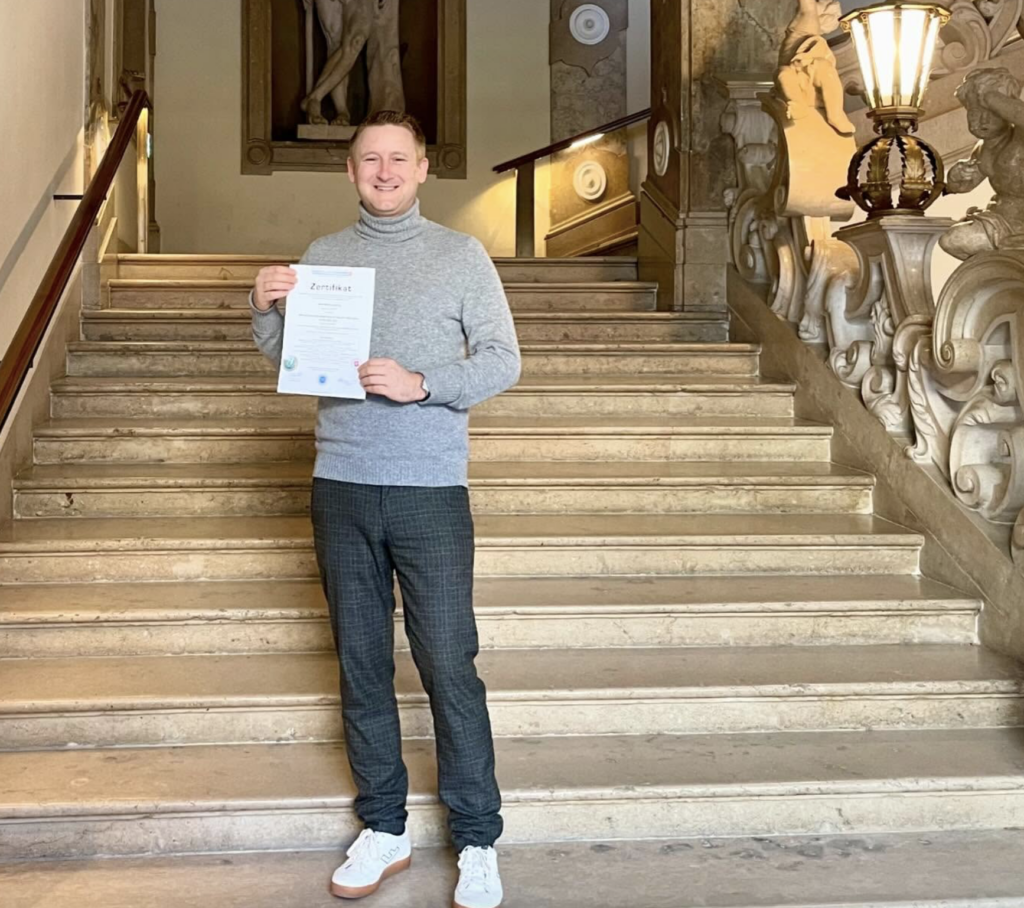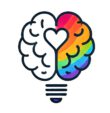
Recently, I reached a personal milestone by earning my certification as a coach. This journey has been both challenging and rewarding, providing me with valuable insights into professional development and personal growth. The certification process reaffirmed my belief in the transformative power of learning, self-reflection, and the essential role we all play in supporting others to reach their full potential.
Deciding to pursue this certification wasn’t a choice I made lightly. Coaching is far more than just acquiring a set of skills, it’s a deep commitment to understanding people, nurturing growth, and empowering individuals to overcome obstacles. Through this process, I developed a greater appreciation for the importance of active listening, asking meaningful questions, and guiding others to navigate their unique paths with clarity and purpose.
One of the most inspiring aspects of the training was its emphasis on real-world impact. Coaching goes beyond career development; it’s about unlocking potential in every area of life. Whether it’s helping someone achieve a professional aspiration, adopt a fresh perspective, or find balance, the techniques I’ve gained are designed to create lasting, meaningful change.
Balancing the demands of learning with my professional responsibilities, political engagement, and personal commitments isn’t always easy. It requires discipline, adaptability, and a clear sense of purpose. These challenges, however, became lessons in themselves, reinforcing the core principles of coaching, resilience, adaptability, and a focus on growth. These qualities are just as vital for the coach as they are for the individuals they support.
Reflecting on this achievement, I’m excited about the possibilities ahead and what I can contribute to others. Coaching is a powerful vehicle for transformation, not only for individuals but also for teams, organizations, and entire communities. It provides the tools to foster collaboration, spark innovation, and create environments where people can thrive and excel.
At the same time, I acknowledge that the field of coaching is not without its critiques. Some argue that it leans too heavily on soft skills or lacks the rigorous structure of traditional professional development methods. While I understand these perspectives, I’ve come to appreciate that coaching’s strength lies in its adaptability and person-centered approach. When practiced effectively, it bridges the gap between aspirations and tangible outcomes, offering a framework that meets individuals exactly where they are.
For me, this certification is not an endpoint but the start of a new chapter. It’s an opportunity to apply these tools to help others in a more professional way achieve their goals and contribute to a culture of continuous improvement and growth. I’m deeply grateful for the mentors, peers, and coachees who have supported me throughout this journey.
To anyone considering coaching, whether as a profession or as a tool for personal and professional growth, I encourage you to explore its potential! The process is profoundly transformative, offering fresh perspectives and a chance to drive meaningful change. As I step into this new phase, I’m eager to put these principles into practice and witness the impact they can create.
